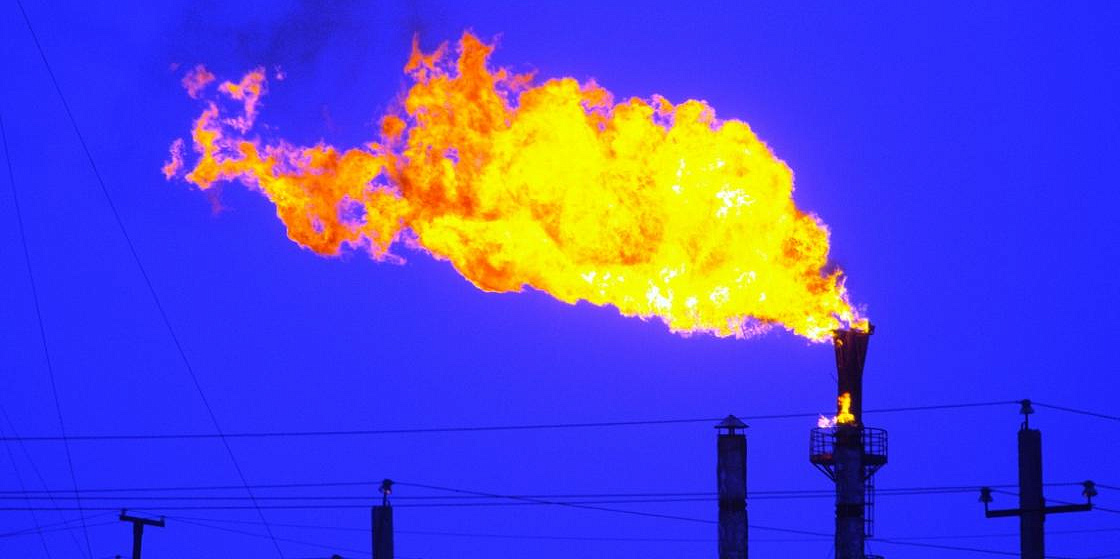
Photo: Shtrik Vadim/GeoPhoto.ru
New Law to Oblige Owners of Plants and Refineries to Fund Reclamation
The Russian Government drafted a bill to impose on owners of hazardous facilities a duty to restore damage done to the environment by such facilities. The draft has already been approved by the governmental lawmaking commission, Vice Premier Victoria Abramchenko says. Among such facilities are workshops and production sites at chemical plants and oil refineries, industries producing toxic materials and hazardous waste storage facilities.
The main features of the draft bill are as follows:
The bill will be submitted to the State Duma; if approved, the regulations will come into effect on 1 September 2022. The introduction of new principles enshrined in the bill is expected to drastically change the way the use of resources is managed in Russia. Extracting income from companies operating hazardous facilities will come with responsibilities for their impact on the environment irrespective of when and under what circumstances such assets have been acquired. The growing administrative pressure on big manufacturers is expected to make them adopt more environment-friendly ways and increase spending on green solutions. This will help address the situation when profits are privatized, and losses are socialized.
The prospective bill will be of specific importance to the Russian Arctic. It is this region that will see a rapid expansion of mining and manufacturing industries in the near future. At the same time, land reclamation in the High North is a tough challenge that can be handled only through a systematic effort. In this light, we should avoid a situation where the environmental effects of this expansion might have to be dealt with by the public sector and not responsible business entities. It is these regulations that will provide safeguards against such an unfavorable scenario.
Arctic Today is a column by PORA CEO Alexander Stotskiy analyzing major international, national and regional events and trends in the Arctic.
The main features of the draft bill are as follows:
- A reclamation plan for any such facility shall be drafted by its owners five years prior to its scheduled decommissioning. When the term arrives, owners will be required to either close the facility (and implement its reclamation plan) or extend its life cycle following a procedure provided for by the bill.
- All reclamation projects are subject to approval by a state expert authority. A facility’s life cycle may be extended only pursuant to findings by an environmental audit.
- A company operating such facilities shall provide financial assurance to guarantee that there will be sufficient funds to fulfill its environmental obligations. A change of ownership shall not affect the environmental obligations associated with a facility in question, with new owners being required to prove their ability to cover all mentioned expenses.
- The monitoring functions as regards the implementation of new regulations will be performed by the Federal Service for Oversight of Natural Resource Use.
The bill will be submitted to the State Duma; if approved, the regulations will come into effect on 1 September 2022. The introduction of new principles enshrined in the bill is expected to drastically change the way the use of resources is managed in Russia. Extracting income from companies operating hazardous facilities will come with responsibilities for their impact on the environment irrespective of when and under what circumstances such assets have been acquired. The growing administrative pressure on big manufacturers is expected to make them adopt more environment-friendly ways and increase spending on green solutions. This will help address the situation when profits are privatized, and losses are socialized.
The prospective bill will be of specific importance to the Russian Arctic. It is this region that will see a rapid expansion of mining and manufacturing industries in the near future. At the same time, land reclamation in the High North is a tough challenge that can be handled only through a systematic effort. In this light, we should avoid a situation where the environmental effects of this expansion might have to be dealt with by the public sector and not responsible business entities. It is these regulations that will provide safeguards against such an unfavorable scenario.
Arctic Today is a column by PORA CEO Alexander Stotskiy analyzing major international, national and regional events and trends in the Arctic.
12 October 2021




